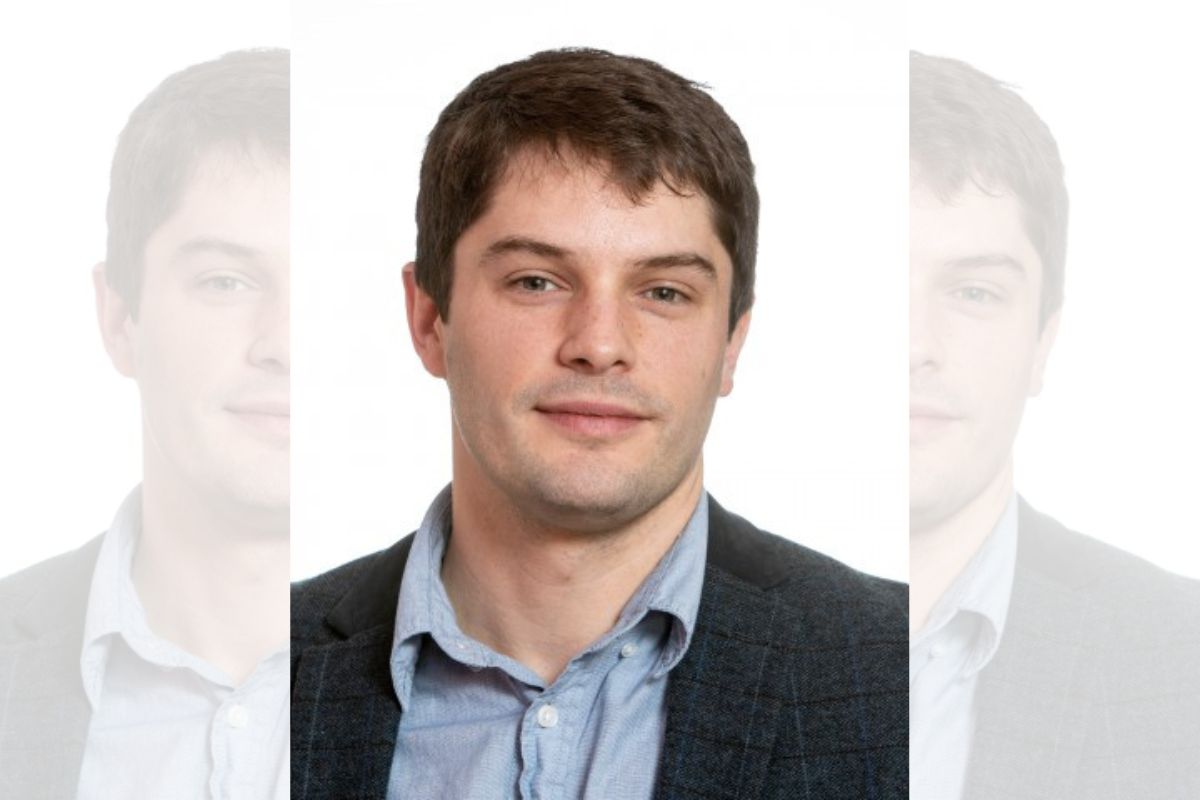University expert speaks about history of surnames on popular national radio programme
A University expert on the subject of surnames has provided some fascinating insights into their history in a national radio programme Down Under.

Dr Harry Parkin, senior lecturer in English Language at the University of Chester, appeared as a guest on ABC Radio National in Australia to discuss the importance of surnames on Late Night Live with presenter David Marr.
Harry, who edited The Concise Oxford Dictionary of Family Names in Britain, described how surnames developed at different times around the world. They were used in China during the BC years, but became more commonplace in England following the Norman Conquest in 1066, and gradually became hereditary in the following centuries.
He said on the programme: “In England, the very first people to use surnames were Normans. Those names, more often than not, referred to a place in France those Normans owned. It seemed to be to identify land for the purposes of inheritance to other people in their family.
“It was only really the wealthy landowning classes that had surnames in England for about 200 years afterwards. Other people then started to adopt surnames – people want to be like the rich and wealthy, so it almost became the fashion.
“The Normans brought with them a smaller number of different first names than English people had before, when you could use just first names to identify people as the first names were so different and variable. First names didn’t do the job any more – we see in some medieval records that 50% are called John, so you need a surname to tell people apart.”
From the 1100s, some surnames represented people’s occupations, such as Smith, Baker, Fisher or Shepherd. Harry said: “A lot of occupations were inherited in that period. Someone who was a shepherd and had a son, the son may well have had the name Shepherd as well because they inherited the family business, rather than the family name.
“When we get to the period when names are almost exclusively hereditary – in the south by about 1300-1350 – for those people who were doing jobs like being shepherds, they would have proper hereditary names by that point. A person from the next generation may not have been a shepherd at all, but keeps the surname Shepherd.
“You can be sure anyone today with the name Shepherd would’ve had an ancestor at some point who was a shepherd, but it’s hard to tell how long that family had that trade.”
As for when hereditary names became more common, Harry explained: “We think the vast majority of the population in the south of England would’ve had hereditary surnames by about 1350 – things took a bit longer to move north, probably by about 1450. Having said that, there’s evidence that even in the 18th century, some didn’t have a surname at all. It was a very long, drawn-out process.”
Nicknames were also recorded around this time, although it's not always possible to know exactly what they meant and what their motivation was. Harry explained: “It happened such a long time ago we don’t have the context. However, the fact there are a number of names in Middle English records – around 1066 to 1500 – there are a number of names in records from that time that we would be very surprised if people chose for themselves, because some of them could be quite rude!”
The Late Night Live interview with Dr Harry Parkin can be found at: https://www.abc.net.au/listen/programs/latenightlive/surnames-history/105669122
Harry added: “It was a real privilege and a pleasure to be invited to speak about surname history on such a renowned and respected national radio programme. It’s great to see that the subject is of interest to people from all over the world, and I’m very grateful to ABC Radio National for inviting me to be interviewed.”